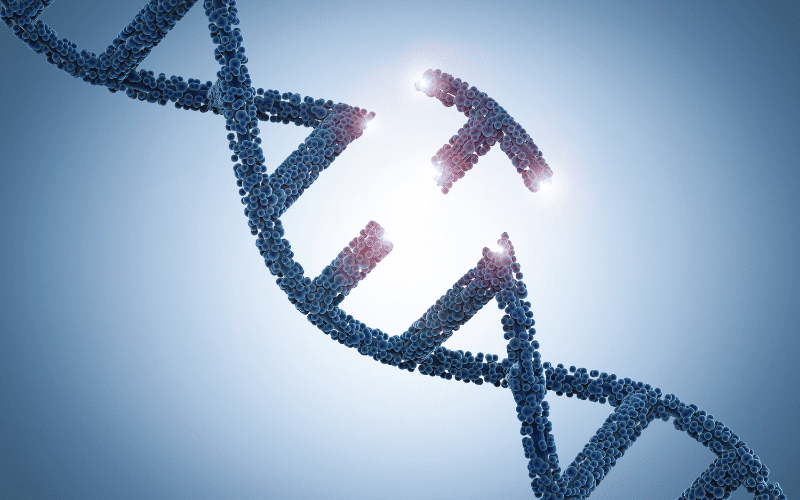Fact 2: A Genetic Predicament

Juvenile Huntington’s disease stems from a genetic anomaly. It’s an autosomal dominant disorder, which implies that a single copy of the altered gene, inherited from an affected parent, is sufficient to cause the disease.
Unlike recessive genetic disorders that require two copies of the defective gene, one from each parent, to manifest, juvenile HD can emerge when only one parent carries the faulty gene. Therefore, each child of an affected parent has a 50% chance of inheriting the disease.
This genetic game of chance brings psychological implications along with physical ones. The knowledge of having a 50% likelihood of passing the condition to one’s child can be emotionally taxing. It poses moral and ethical dilemmas concerning family planning and genetic testing, complicating the disease’s impact further.
Moreover, the genetic basis of juvenile HD also presents challenges in treatment. Current medical science does not yet have the tools to correct genetic anomalies, leaving us to manage the disease symptoms rather than cure the root cause.
Lastly, this genetic facet emphasizes the importance of genetic counseling in managing juvenile HD. Understanding the risks and making informed decisions about family planning can significantly impact the lives of those carrying the Huntington’s gene and their potential children. (2)